
EU Vows Strong Retaliation Against Trump’s Tariff Threat
The EU has pledged a strong and immediate response to U.S. President Trump’s 25% tariffs on European imports, emphasizing the protection of free and fair trade.
News & Insights Across Asia

The EU has pledged a strong and immediate response to U.S. President Trump’s 25% tariffs on European imports, emphasizing the protection of free and fair trade.

Marcos Caramuru, former Brazilian Ambassador to China, criticizes US tariffs for pursuing non-trade objectives and violating international law.
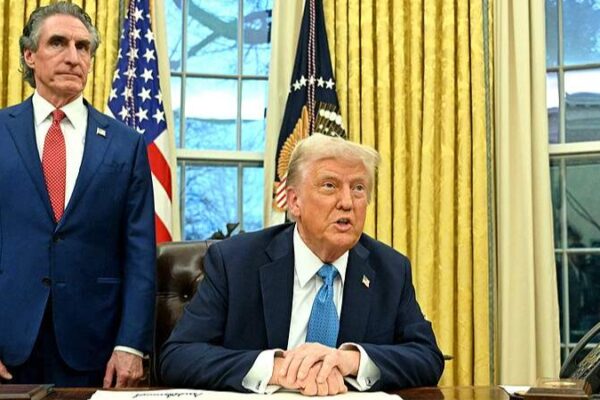
U.S. President Donald Trump’s imposition of tariffs on Mexico, Canada, and China has drawn global criticism. Nations worldwide, including South Korea, the EU, Mexico, Canada, and China, express concern over rising trade tensions.
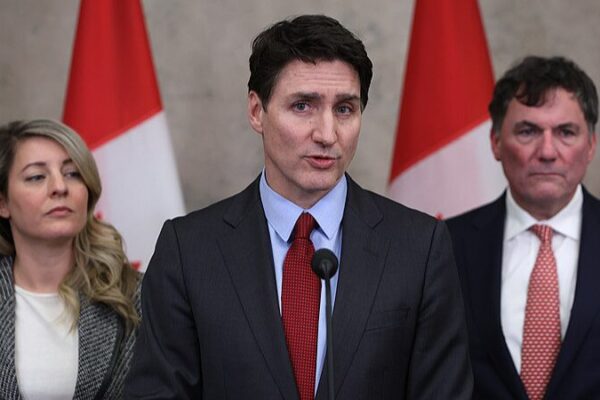
Canada announces 25% tariffs on US goods worth C$30 billion, targeting products like orange juice and appliances, in direct retaliation against US tariffs on Canadian imports.

President Donald Trump’s second term has begun with decisive actions on domestic policies and signals of a complex foreign policy approach, particularly towards the Chinese mainland.
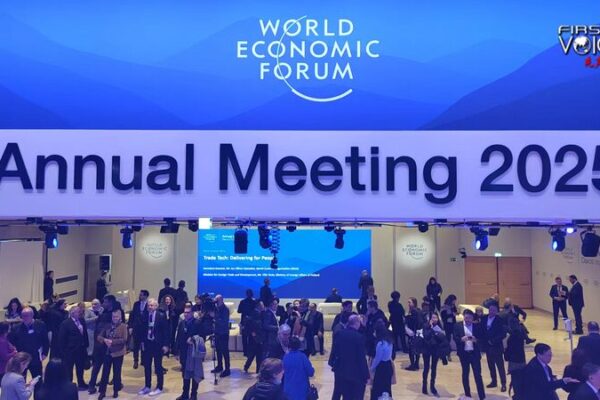
At the World Economic Forum in Davos, global leaders express concern over rising protectionism, highlighting its potential harm to global trade patterns and economic growth.
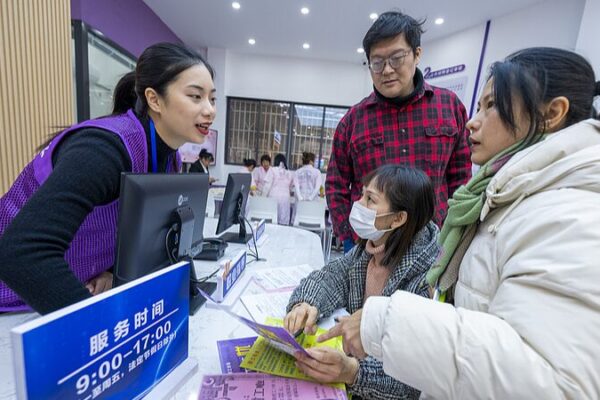
China added 12.56 million new urban jobs in 2024, maintaining employment stability, according to the Ministry of Human Resources and Social Security. Efforts focus on job creation, poverty alleviation, and youth employment.
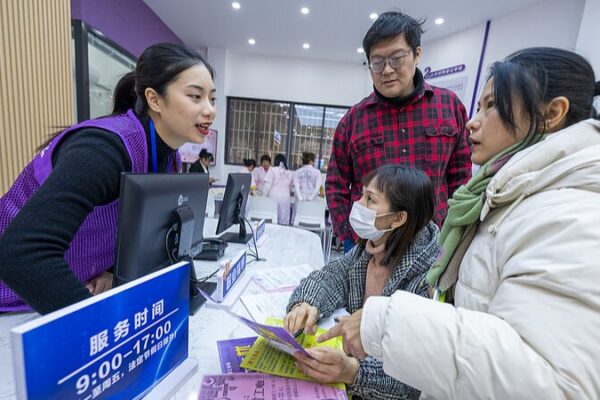
China created 12.56 million new urban jobs in 2024, signaling a stable employment situation as the urban unemployment rate decreased to 5.1 percent, according to the Ministry of Human Resources and Social Security.
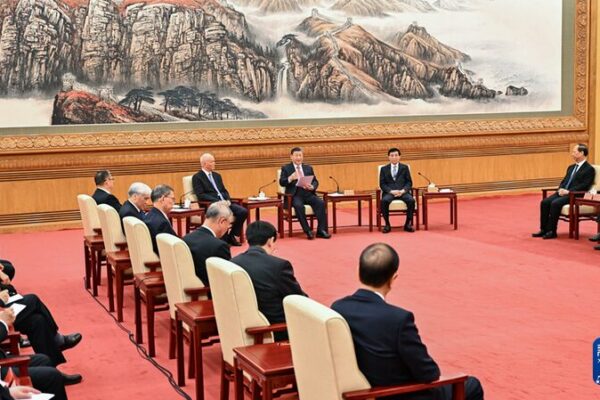
At a Spring Festival gathering, President Xi Jinping extended greetings to non-CPC personages, calling for unity and high-quality development to achieve China’s goals in the upcoming years.
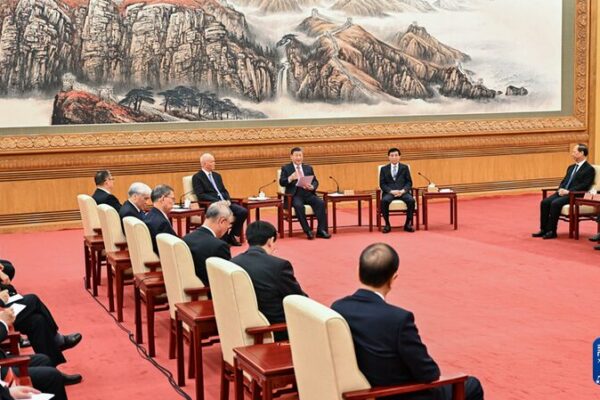
President Xi Jinping extends Spring Festival greetings to non-CPC members, emphasizing unity, high-quality development, and innovation for China’s future growth.
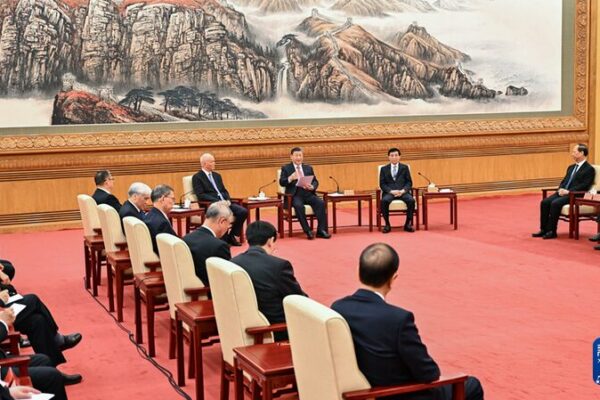
Xi Jinping extended festive greetings to non-CPC groups ahead of the Spring Festival, emphasizing proactive policies, high-quality development, and greater self-reliance in science and technology to sustain China’s progress in 2025.
President Xi Jinping extends Spring Festival greetings to non-Communist parties, emphasizing high-quality development, self-reliance in science and technology, and unity to achieve China’s Five-Year Plan goals.
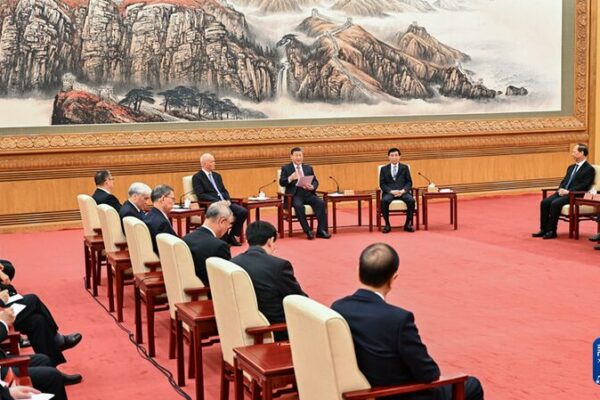
Xi Jinping extended Spring Festival greetings to non-CPC personages, emphasizing unity and collaboration. He urged focus on high-quality development and environmental protection for sustained growth.
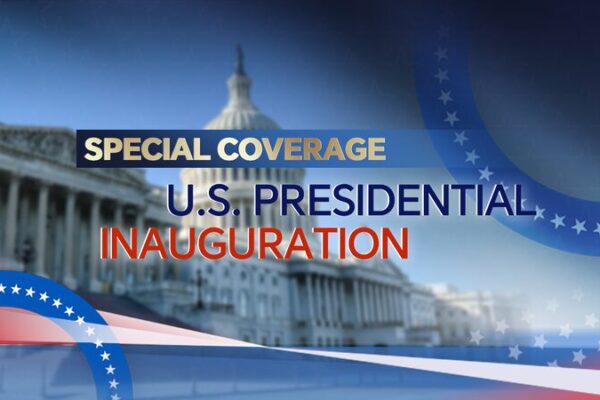
Donald Trump has been inaugurated as the 47th U.S. president. Explore the anticipated policies of his second term and their potential impact on the U.S. economy, global markets, and Asia’s future.

President Joe Biden’s decision to block a major steel deal raises concerns over national security measures and their impact on global trade and economic relations.
Amid a global economic slowdown projected for 2024, China’s focus on stimulating domestic demand is driving its economic growth and offering stability in uncertain times.
China introduces new measures to expand its old-for-new exchange program and equipment renewal policies for 2025, aiming to boost consumer spending and drive industrial upgrades.
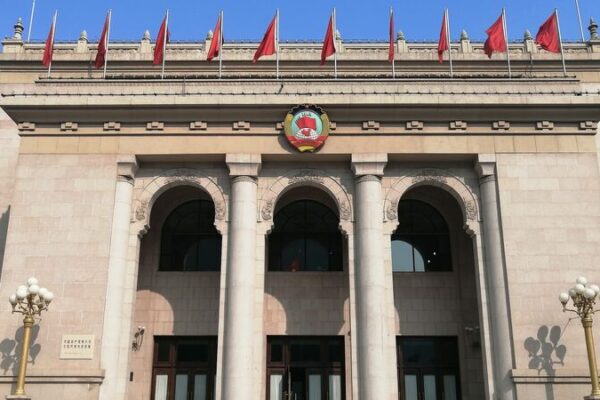
Xi Jinping calls for unity and strategic resolve to build a strong China, urging efforts to overcome challenges and advance Chinese modernization as 2025 approaches.

Economist Danny Quah of the National University of Singapore highlights how both China’s rise and shifts in U.S. foreign policy are reshaping the Indo-Pacific region, urging a recognition of both influences.

China’s national legislature has approved a new Value-Added Tax (VAT) law, effective January 1, 2026, consolidating regulations and introducing exemptions to streamline the taxation system.